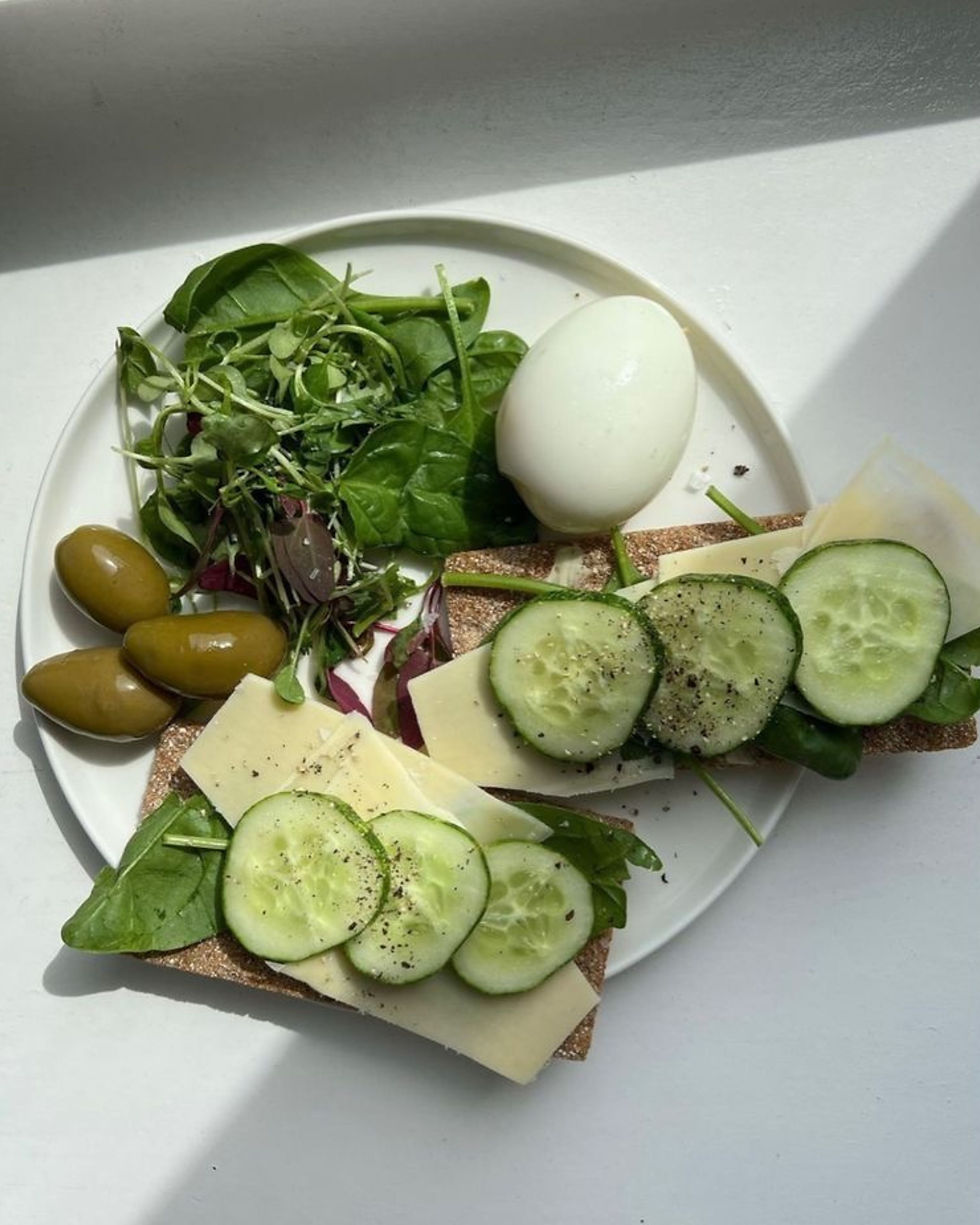Understanding Processed Foods and Making Healthier Choices
- Alexy Molina, CIHC

- Aug 30, 2024
- 4 min read
Updated: Sep 10, 2024

In today’s fast-paced world, convenience often takes precedence over nutrition. With a myriad of food options at our fingertips, it’s easy to grab whatever is quick and easy, but understanding the impact of these choices on our health is crucial. This blog post dives into the differences between ultra-processed, processed, and minimally processed foods, and offers practical tips on how to prioritize whole, nutrient-rich options for better health.
What Are Ultra-Processed Foods?
Ultra-processed foods are highly manipulated industrial products that bear little resemblance to their original ingredients. They’re typically made from refined substances like oils, sugars, starches, and proteins, and are packed with additives such as preservatives, colorings, flavor enhancers, and emulsifiers. These foods are engineered to be hyper-palatable and have a long shelf life, but they often come with a hefty cost to your health, as they’re low in essential nutrients and high in unhealthy fats, sugars, and salt.
Examples of Ultra-Processed Foods:
1. Soft drinks and sugary sodas
2. Packaged snacks like chips, candy, and cookies
3. Instant noodles and canned soups
4. Fast food items like burgers, fries, and chicken nuggets
Scientific Insight: Ultra-processed foods have been linked to a variety of health issues, including obesity, cardiovascular diseases, and diabetes. According to a study by Monteiro et al. (2019), these foods are designed to be consumed quickly and in large quantities, often leading to overconsumption and poor health outcomes. [Learn more about the NOVA Classification System.]
Understanding Processed Foods
Processed foods fall somewhere between ultra-processed and minimally processed foods. These foods have undergone some alteration from their natural state, often through canning, freezing, or adding preservatives to enhance flavor or extend shelf life. While processed foods may retain some nutrients, they also contain added ingredients like salt, sugar, or fat, which can diminish their overall health benefits.
Examples of Processed Foods:
1. Canned vegetables with added salt
2. Cured meats such as bacon, sausages, and ham
3. Breakfast cereals with added sugar
4. Jarred pasta sauces
The Benefits of Minimally Processed Foods
Minimally processed foods are the gold standard when it comes to balancing convenience and nutrition. These foods have undergone minimal alterations, such as cleaning, peeling, or cutting, to make them more convenient to consume while retaining most of their natural nutrients. Choosing minimally processed foods is an excellent way to ensure you're getting the most out of your diet without compromising on health.
Examples of Minimally Processed Foods:
1. Freshly cut fruits and vegetables
2. Rolled oats
3. Freshly ground coffee
4. Unsweetened yogurt
Whole Foods: The Foundation of a Healthy Diet
Whole foods, also known as natural or unprocessed foods, are foods in their purest form, free from additives, preservatives, and artificial ingredients. These foods are rich in vitamins, minerals, and other essential nutrients that your body needs to thrive. Incorporating more whole foods into your diet is one of the most effective ways to improve your overall health.
Examples of Whole Foods:
1. Fresh fruits like apples, berries, and oranges
2. Vegetables such as spinach, carrots, and broccoli
3. Nuts and seeds like almonds and chia seeds
4. Whole grains such as quinoa and brown rice
Top 20 Whole Foods to Include in Your Daily Diet
1. Spinach
2. Kale
3. Blueberries
4. Avocados
5. Salmon
6. Eggs
7. Almonds
8. Walnuts
9. Quinoa
10. Sweet potatoes
11. Apples
12. Lentils
13. Broccoli
14. Greek yogurt
15. Tomatoes
16. Carrots
17. Brown rice
18. Chia seeds
19. Garlic
20. Olive oil
Why Choose Whole and Minimally Processed Foods?
In a world dominated by ultra-processed options, it can be challenging to make healthier choices. However, the benefits of opting for whole and minimally processed foods are immense. These foods provide the essential nutrients your body needs to function at its best, helping to boost energy levels, improve mental clarity, and support long-term health.
Choosing natural, nutrient-dense foods doesn’t have to be complicated. Start by incorporating more whole foods into your meals and snacks, and gradually reduce your intake of ultra-processed options. Over time, these small changes can lead to significant improvements in how you feel, look, and perform daily.
Remember, every meal is an opportunity to nourish your body. Make it count!
By understanding the differences between ultra-processed, processed, and minimally processed foods, and making a conscious effort to choose healthier options, you can take control of your health and well-being. Your plate has the power to shape your life—unlock its potential by making informed choices today.
It's my mission to educate and provide recipes that inspire you to cook and eat more at home. Make a commitment to prioritize whole foods, and watch as your energy levels soar, your mental clarity sharpens, and your overall well-being improves. Book the Concierge Wellness Session for additional simple, nutritious, and delicious meal ideas personalized to your health needs, or product recommendations for your individual lifestyle.



Comments